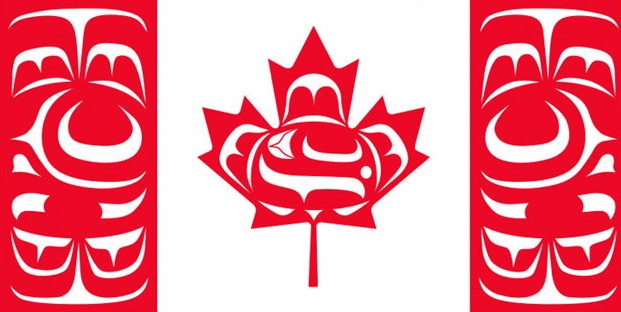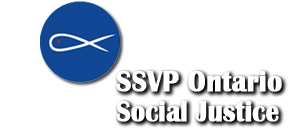





INDIGENOUS PEOPLES OF CANADANovember 22, 2019 INDIGENOUS PEOPLES OF CANADA image by Curtis Wilson
image by Curtis Wilson
There are some common barriers and challenges faced by each of these indigenous groups, but each also has their own unique issues. The Inuit are faced with life in the far north and face issues of distance, transportation to some health-related forms of support and how changes in temperature and climate can affect their much-needed inclusion of country meat and fish in order to sustain their dietary needs. The First Nations of Canada are the largest of the three groups in terms of population numbers with many locations across Canada. They can be located both at a First Nations community or in an urban environment. They share many of the same issues anyone living in poverty does, such as housing, employment and food costs. However, these challenges are quite often at a higher ratio amongst indigenous people. There are also other challenges with one of the most disturbing being the number of First Nations communities without safe drinking water. The Metis Nation is one with a history dating back to the early European explorers who would marry into the indigenous population and the resulting descendants of this mixed union being called Metis. They live mostly in urban areas and like other indigenous who move to an urban setting seeking work and education, they are often faced with the challenge of having a poor education, living apart from their families and culture and in some cases prejudice. Indigenous people are affected in higher numbers by the criminal justice system. The history of governments and particularly the Catholic Church with Indigenous People is not one we can approve of, but it can be one that we, as Vincentians can have a very positive effect on. Our Vincentian charism simply cannot allow us to not have an interest in being part of solutions that build bridges and hopefully create a relationship of caring, sharing and understanding. There is much we can learn from Indigenous People about care for creation, our relationship with and appreciation of nature, as well as the need to believe and act on the fact that every human being is born with and deserves a sense of dignity with the ability to also participate with us in the common good of all. Please visit the ONRC website and social justice pages, and especially our indigenous people category as we continue to provide information and ways you too can hep us in this effort. Jim Paddon Indigenous PeoplesINDIGENOUS PEOPLES OF CANADA
|







